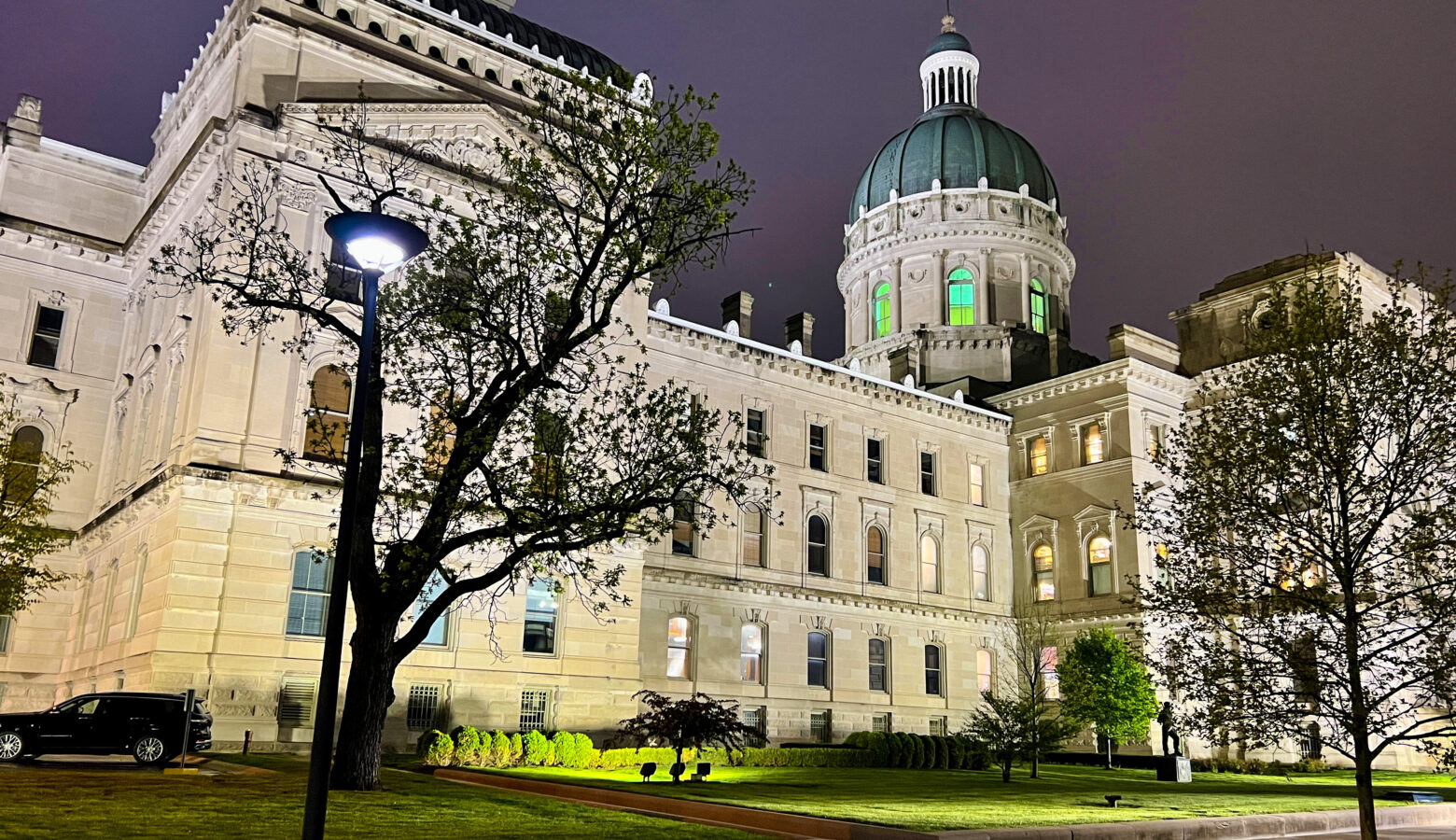Lawmakers seek to penalize people who use artificial intelligence to create revenge pornography

Indiana lawmakers want to add computer-generated images and video — particularly those created by artificial intelligence — to the state’s revenge porn law.
That law, upheld by the state Supreme Court, makes it a crime to share an “intimate” image or video if the person sharing it knows the person in the image didn’t consent to it being shared.
Courtney Curtis from the Indiana Prosecuting Attorneys Council said there’s a rise in images or videos that use AI to either take someone’s face and put it on another person’s body or to “nudify” an image — essentially, take a photo or video of someone who’s clothed and depict them naked.
“If that image is out, very few people could actually prove that it’s not me,” Curtis said. “I’d actually have to do something very embarrassing to prove that this image does not match my body.”
READ MORE: Indiana revenge porn law upheld by state Supreme Court
Join the conversation and sign up for the Indiana Two-Way. Text “Indiana” to 765-275-1120. Your comments and questions in response to our weekly text help us find the answers you need on statewide issues, including our project Civically, Indiana.
Indiana Public Defender Council’s Joel Wieneke supports the bill’s intent, but said the way it’s written may be too broad to be constitutional. He said HB 1047’s language could include cartoonish depictions or hand-drawings.
“There’s other types of representations that may be offensive to somebody who doesn’t appreciate images of the naked human body being disseminated just generally, but the First Amendment does protect that,” Wieneke said.
The bill is headed to the House floor.
Brandon is our Statehouse bureau chief. Contact him at bsmith@ipbs.org or follow him on Twitter at @brandonjsmith5.
